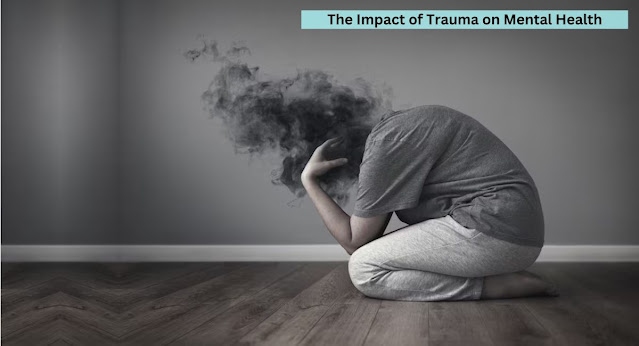How Childhood Trauma Shapes Psychological Disorders | Mental Health Care US
Childhood is a critical phase in a person’s life, shaping their physical, emotional, and psychological well-being. While many children experience a happy and nurturing environment, others endure adverse experiences that can lead to long-term consequences. Childhood trauma, in particular, can significantly impact a person’s mental health, leading to the development of various psychological disorders. Here, we will delve into the relationship between childhood trauma and psychological disorders, shedding light on the importance of understanding and addressing these issues.
Understanding Childhood Trauma
Childhood trauma refers to any distressing or harmful event that a child experiences during their early years. This can include physical, emotional, or sexual abuse, neglect, domestic violence, parental substance abuse, loss of a loved one, or even witnessing traumatic events. These experiences can be overwhelming for a child who lacks the coping mechanisms of an adult, leaving a lasting impact on their developing mind.
The Impact on Psychological Health
Childhood trauma can disrupt healthy brain development and lead to various psychological issues that may persist into adulthood. Some of the common ways in which childhood trauma shapes psychological disorders include:
Post-Traumatic Stress Disorder (PTSD):
Children who experience trauma may develop PTSD, characterized by flashbacks, nightmares, hypervigilance, and emotional numbing. The traumatic memories continue to haunt them, affecting their daily life.
Depression and Anxiety: Childhood trauma can increase the risk of developing depression and anxiety disorders later in life. The feelings of helplessness and fear experienced during trauma can carry over into adulthood, leading to persistent feelings of sadness and worry.
Dissociative Disorders: Children who face severe trauma may dissociate as a coping mechanism. This can result in dissociative disorders, where individuals feel detached from reality or experience gaps in memory.
Personality Disorders: Traumatic experiences in childhood can contribute to the development of personality disorders, impacting a person’s self-image, behavior, and ability to form healthy relationships.
Substance Abuse: Many individuals turn to drugs or alcohol as a way to cope with the emotional pain caused by childhood trauma, leading to substance abuse disorders.
Eating Disorders: Childhood trauma can play a significant role in the emergence of eating disorders, such as anorexia, bulimia, or binge eating, as individuals seek to exert control over their lives and emotions through disordered eating behaviors.
Breaking the Cycle
Recognizing and addressing childhood trauma is crucial for breaking the cycle of psychological disorders. Here are some essential steps to help individuals heal and build resilience:
Seeking Professional Help: Therapy and counseling can provide a safe space for individuals to process their trauma, learn coping mechanisms, and work through their emotions.
Building a Support System: Having a strong support system, whether through family, friends, or support groups, can significantly aid in the healing process.
Practicing Self-Care: Encouraging self-care activities like exercise, mindfulness, and hobbies can help individuals to reduces stress and anxiety and improve overall mental wellness.
Education and Awareness: Raising awareness about childhood trauma and its impact can help reduce the stigma surrounding mental health wellness and encourage early intervention.
Preventing Retraumatization: It’s essential to create a safe and nurturing environment for individuals who have experienced childhood trauma, as further negative experiences can worsen their condition.
Conclusion: Childhood trauma is a significant factor in shaping the mental health of individuals. It can lead to a wide range of psychological disorders that persist into adulthood if left unaddressed. Understanding the impact of childhood trauma is crucial for early intervention and providing support to those who have experienced such events. By acknowledging and breaking the cycle of trauma, we can pave the way for a healthier and more resilient society where individuals can thrive despite their past experiences. Let’s work together to create a compassionate and understanding world for everyone’s well-being.
.jpg)

Comments
Post a Comment